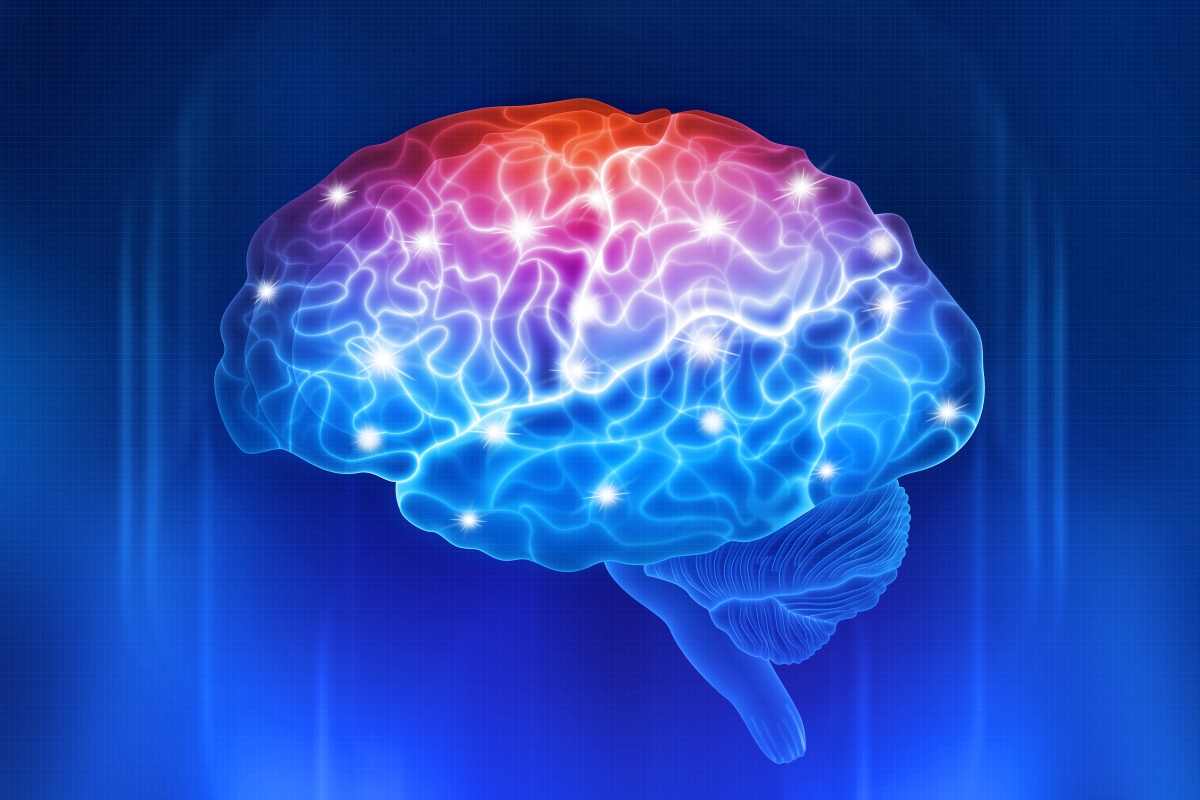High-fat diet and aging interact to produce neuroinflammation and impair hippocampal- and amygdalar-dependent memory (animal)
Since microglia in the hippocampus are vulnerable to the effects of ageing, Spencer et al. (2019) assesses if the morphological and functional changes in microglia explain the findings from their previous studies showing short-term high-fat diets (HFD) significantly impairing hippocampal- and amygdala- based cognitive function only in the ageing and not in the young rats. As with the former study, young and ageing rats were fed a HFD for 3 days and their hippocampus and amygdala were analysed. This study found that ageing came with the expected priming of hippocampal microglia (demonstrated by less branching and greater microglial numbers in the region). Ageing was accompanied by increased microglial phagocytosis of microbeads in the hippocampus. The only effect induced by the HFD was the increase in synaptophysin boutons in the aged – an indication of neurodegeneration. In the amygdala, the HFD worsened the effects of ageing on microglial priming and markedly suppressed phagocytosis without notably affecting synaptophysin. To summarise this data, both the hippocampus and the amygdala displayed age-related microglial priming, but the microglia in the amygdala are especially vulnerable to the detrimental impact of short-term high-fat dieting in aging. [NPID: brain, microglia, hippocampus, short-term high-fat, HFD, amygdala, cognitive function, HFD, aging]
Year: 2017
 Navigation
Navigation






